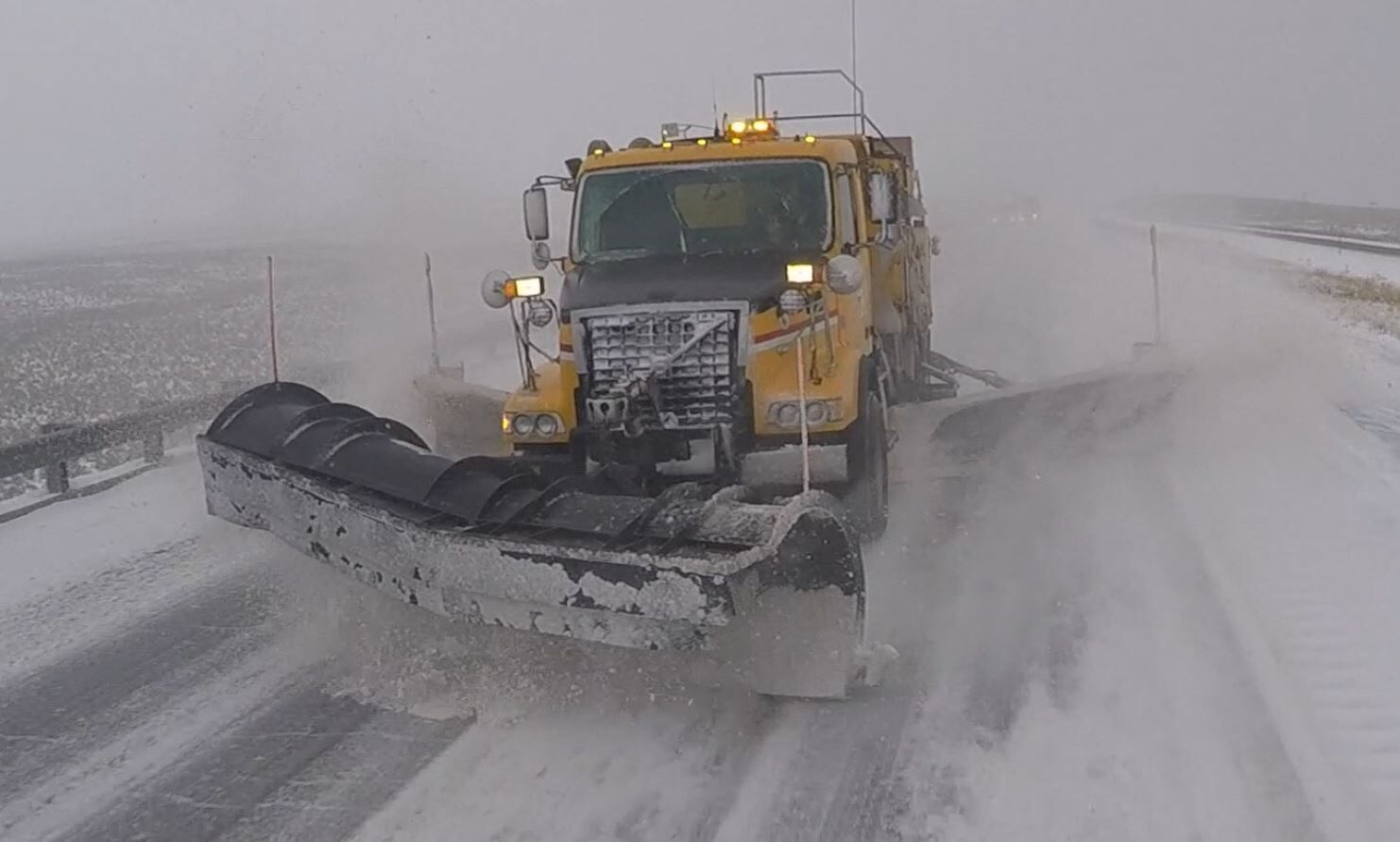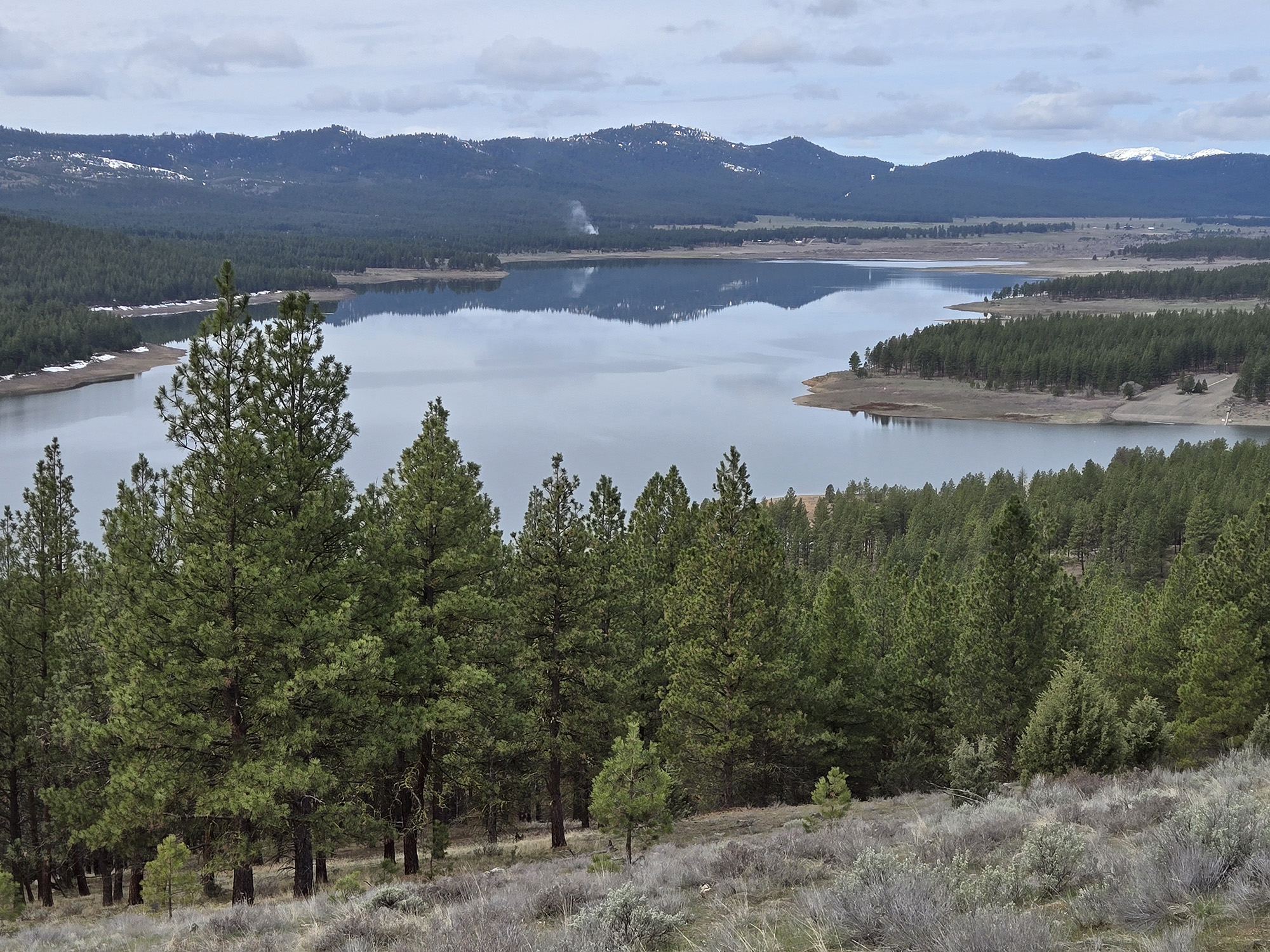Cities expect pot tax money
Published 1:45 pm Monday, July 3, 2017
Two Baker County cities have included estimates of marijuana tax revenues in their adopted budgets for the fiscal year that started Saturday.
Trending
The Sumpter and Huntington city councils adopted their budgets last week.
Huntington has two retail marijuana stores in operation with another slated to open sometime this year. Sumpter has two stores.
Huntington has included $120,000 from the local tax on retail marijuana sales and another $30,000 from the state tax, totaling $150,000, said Bruce Nichols, the Baker City CPA whose firm prepared the city’s budget.
Trending
Sumpter Assistant City Recorder LeAnne Woolf said the city has budgeted $31,000 in local tax revenue and $8,000 in state taxes.
Huntington also recently adopted a marijuana business fee ordinance that imposes a yearly $5,000 fee on marijuana business. That will bring the city another $30,000 in revenue.
In addition to the two state-licensed retail stores in Huntington — Hotbox Farms and 420Ville — Burnt River Farms is licensed by the OLCC as marijuana producer, marijuana processor and marijuana wholesaler. The company also plans to open a retail store. Each license is subject to the city’s marijuana license fee, Huntington Mayor Candy Howland said.
Neither Sumpter nor Huntington officials know for certain how much local and state tax revenue they’ll collect.
That’s because the Oregon Department of Revenue, which collects both the state and city taxes, has not started to distribute revenue.
Once the Oregon Liquor Control Commission (which administers the state’s recreational marijuana program) pays back a loan to the state for administrative costs for managing the recreational marijuana program, what’s left of nearly $70 million in tax revenue will be distributed. Cities in Oregon that have not banned commercial marijuana business will receive 10 percent of the total.
Baker City, which prohibits marijuana sales, will not receive any tax revenue.
Revenue Department officials estimate state pot revenues will be disbursed starting in August or September. The state had collected a 25-percent tax on early recreational sales through Dec. 31, 2016, and then a 17-percent tax since the beginning of this year.
Howland said the marijuana revenue is being placed in Huntington’s general fund for later expenditure as decided by the city council. State tax revenue will be spent on law enforcement as required by state law.
As mayor, Howland does not have a vote on the city’s six-member council unless there is a tie. But she hopes that the money would be spent on improving the cities aging infrastructure such as the streets and water system.
“We can probably bring our city up to a standard that it used be,” she said.
Howland said she is not counting on the marijuana revenues until the city actually sees the money, but is grateful for any extra revenue.
Woolf, who has served on Sumpter’s city council and its planning commission, is happy to have the new revenue source, but like Howland wants it in hand.
“If it actually appears, it’s good (for Sumpter),” she said.
See more in the July 3, 2017 issue of the Baker City Herald.









